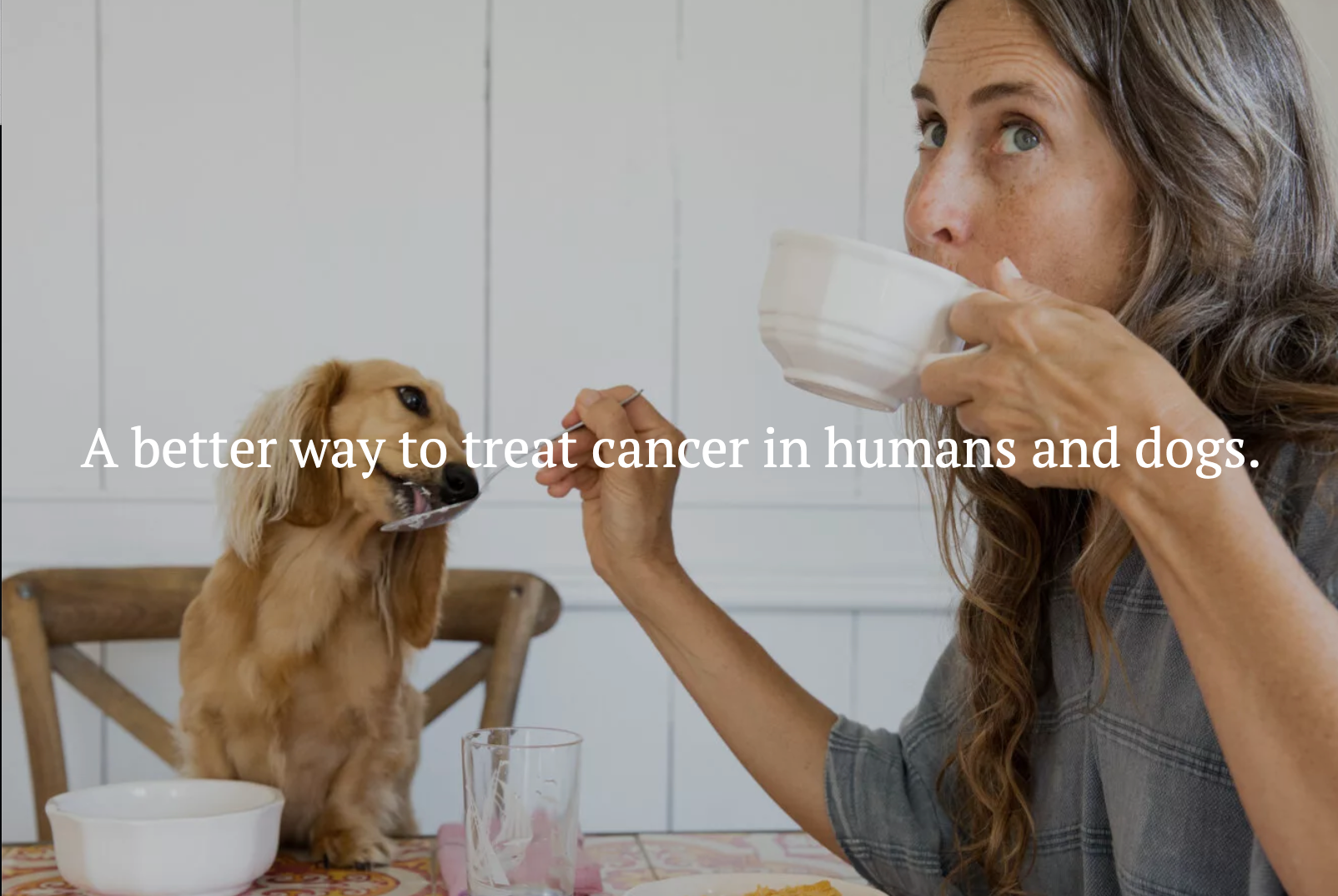
PBC Company Calviri announces enrollment of 800 dogs in preventative cancer vaccine trial
PHOENIX, Arizona, healthcare company Calviri, Inc., has completed full enrollment in the Vaccine Against Canine Cancer Study (VACCS), with 800 dogs, making it the largest interventional canine clinical trial in the history of veterinary medicine.
The double-blinded trial is testing Calviri’s vaccine aimed at broadly preventing cancers in dogs. The VACCS just completed year three of the planned five year trial. It is being conducted at three leading canine oncology centers – the Flint Animal Cancer Center at Colorado State University, the School of Veterinary Medicine at University of Wisconsin-Madison and the University of California-Davis School of Veterinary Medicine.
At the completion of year two, the safety of the vaccine was assessed by an independent Data Safety Monitoring Board (DSMB), chaired by Dr. Rod Page at Colorado State University. The DSMB did not identify any vaccine associated serious adverse events. The safety will be monitored yearly, and at the end of years three, four and five, efficacy will be evaluated. The primary endpoint is the reduction in total number of any type of malignant tumors in the vaccinees versus the mock vaccinated control group.
“Enrolling and testing this number of dogs has been a real challenge. Not only were there technical issues, but Covid delays and even forest fires hampered progress,” says Dr. Doug Thamm, primary investigator (PI) of the trial. “But we have learned a lot about how to conduct future, large cancer trials that we hope we and others will put to good use.”
Interested in learning more about Calviri? Click here.
“The data we are collecting on these dogs is turning out to be a treasure trove,” said Dr. David Vail, PI of the Wisconsin trial site. “We are already gaining important insights as to how frequently to screen for cancer, the value of routine imaging, and other diagnostic tests in an aging population. This data will be made available to other researchers who may find it useful for their cancer research as well as other applications.”
Dr. Jennifer Willcox, PI of the UC Davis VACCS trial site noticed how many owners had interest in the potential human implications for the trial. “One remarkable experience for me was how many of the owners were participating because of their hope that this trial could lead to a human vaccine to prevent cancer,” said Dr. Wilcox, The vaccine inventions that were the basis for the VACCS trial were developed by Stephen Albert Johnston and associates while at the Biodesign Institute at the Arizona State University (ASU). Johnston spun out Calviri from ASU and is the founding CEO of the company.
“This trial has been a great learning experience for developing the improved preventative vaccine that we are currently producing, as well as new therapeutic vaccines we plan. Since we started the VACCS trial, we have been encouraged to see more interest in off-the-shelf vaccines like the one we are using in this trial,” said Johnston. The VACCS trial was largely funded by a grant from Open Philanthropy with additional funding from Calviri, Inc.
“We are so grateful that Open Philanthropy decided to fund this trial,” said Marc Wolff, CEO of Calviri. “With their support we were able to start this trial years before we would have otherwise. We intend to have this make a big difference in eventually ending cancer.”
More news from the PBC
- Exact Sciences Launches the Cologuard™ Plus Test, Transforming Colorectal Cancer Screening
- Tyler Gallo, PharmD, Receives ABRC Grant on Heparin-induced Thrombocytopenia
- NAU Confronting substance use disorder in Arizona
- New initiative aims to make nursing degrees more accessible
- New study seeks to combat national kidney shortage, improve availability for organ transplants
- SEMI, MDM2 to host smart medtech conference in Phoenix from April 22-24
- Innovative Therapy Shows Promise in Reversing Lung Scarring in Idiopathic Pulmonary Fibrosis
